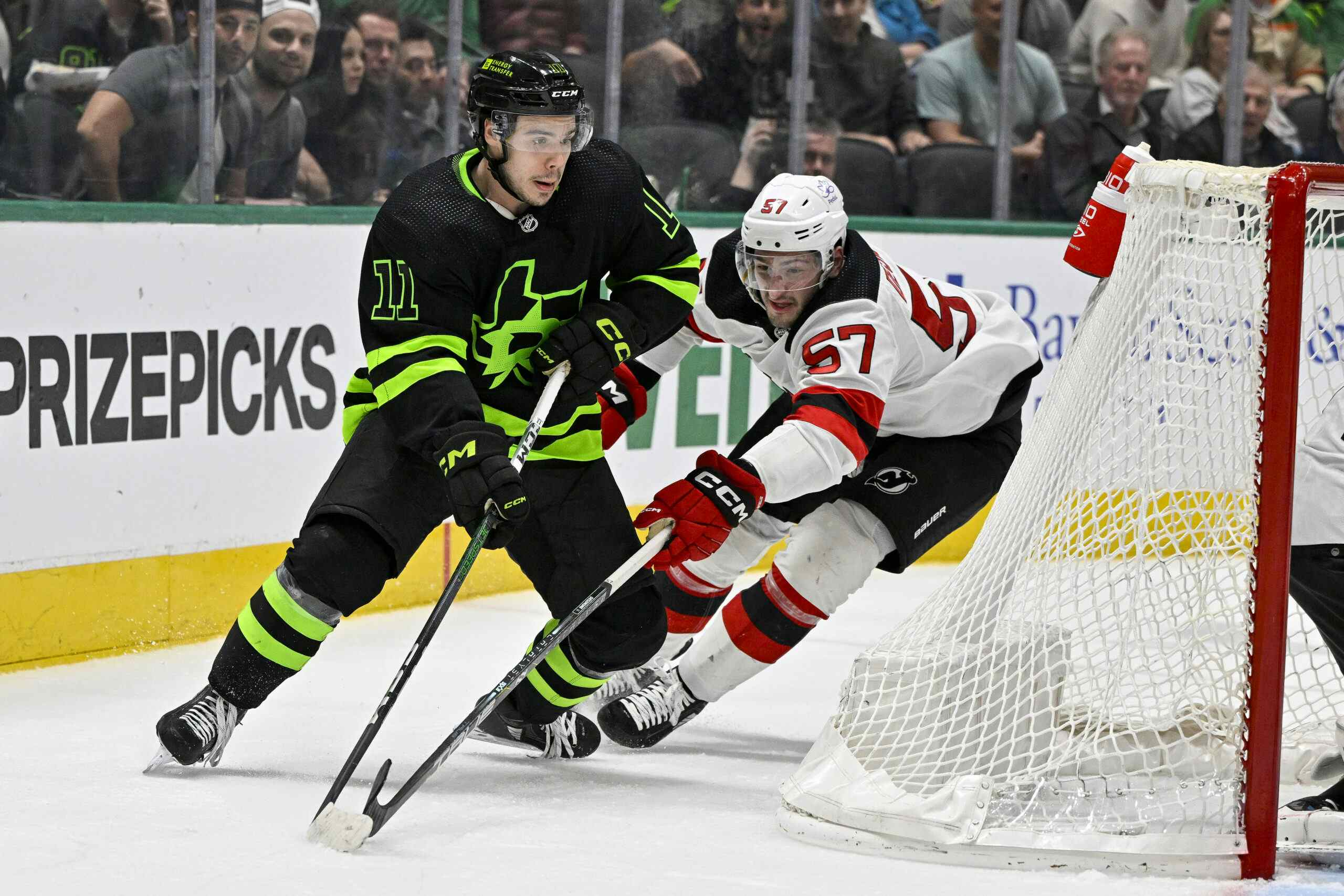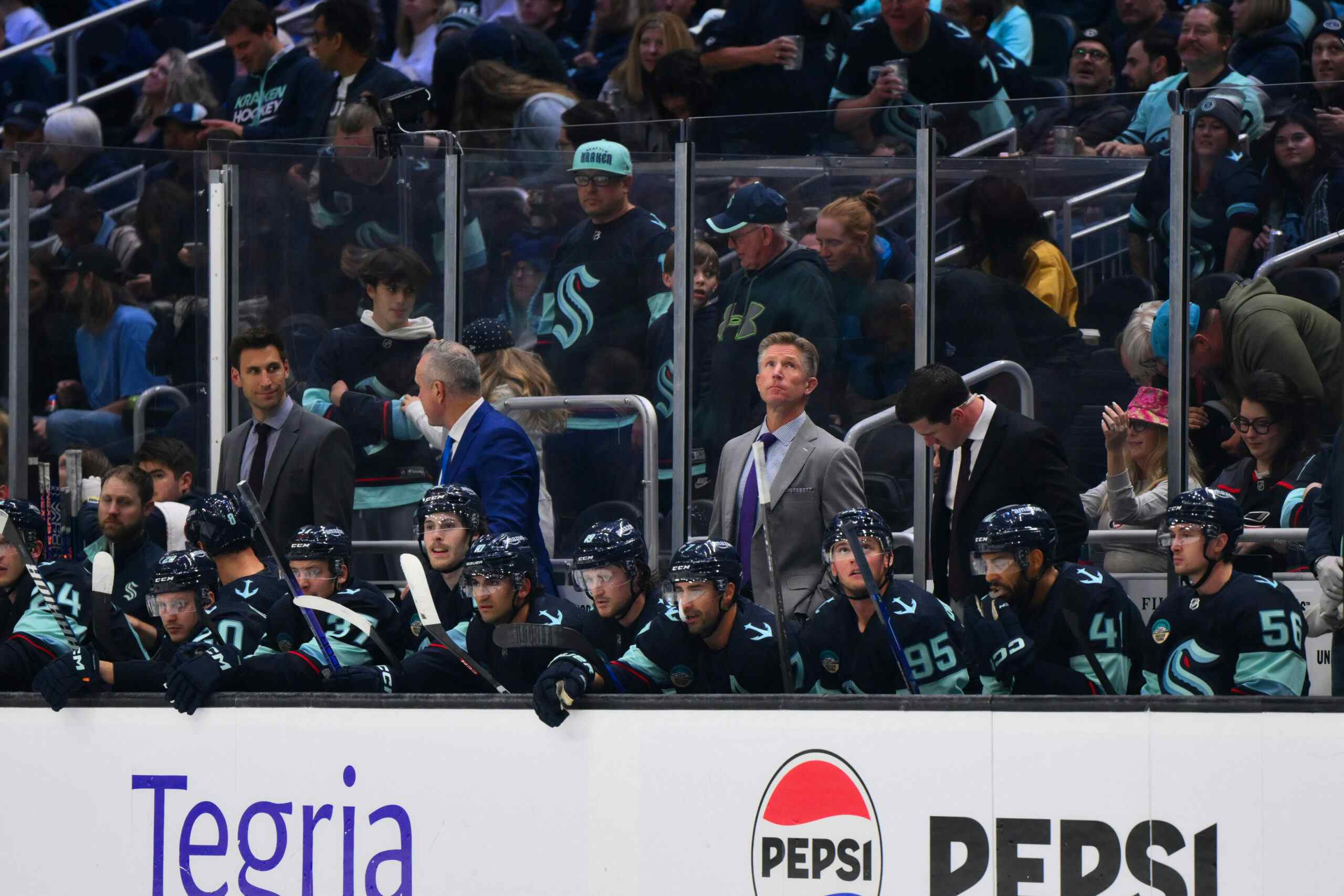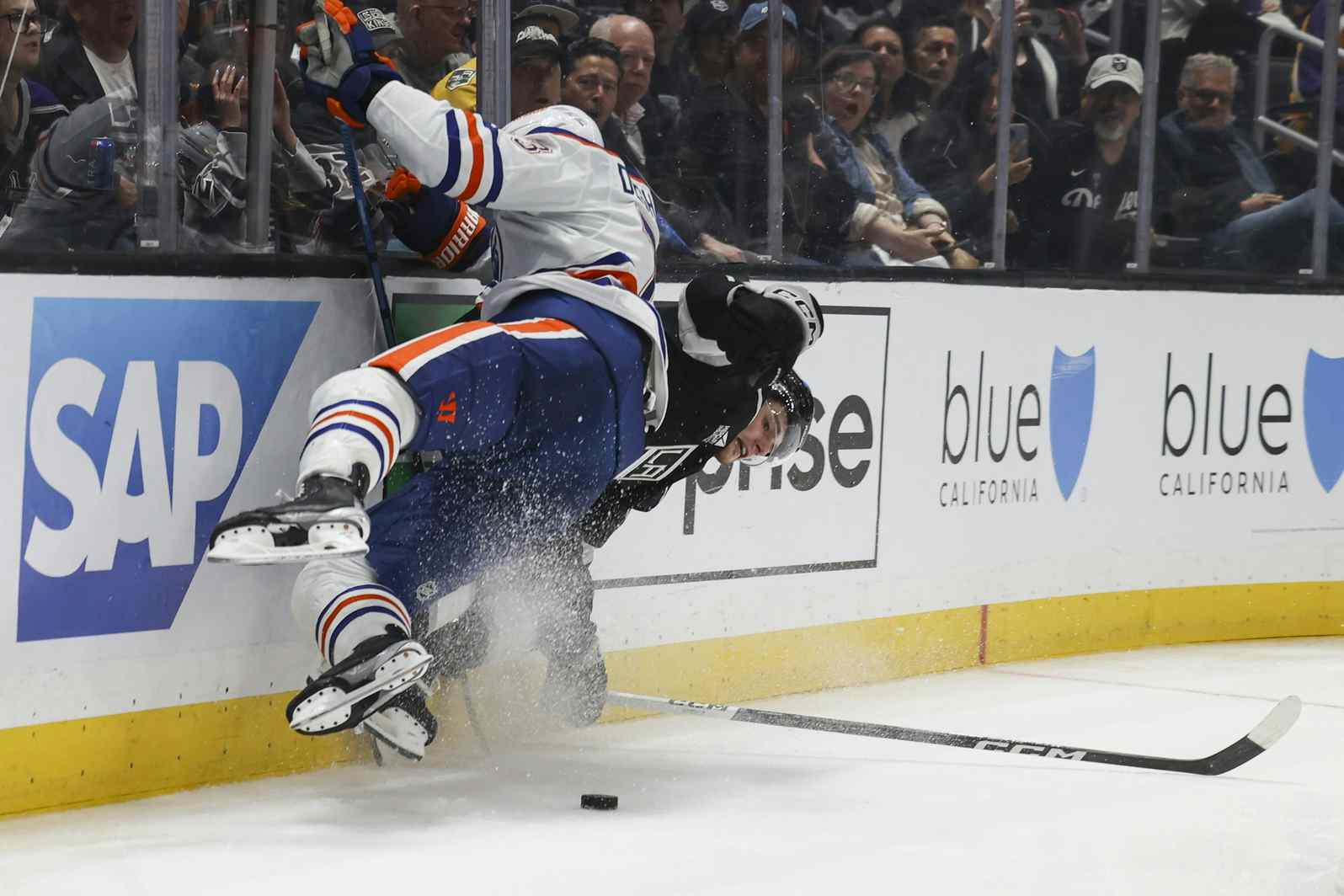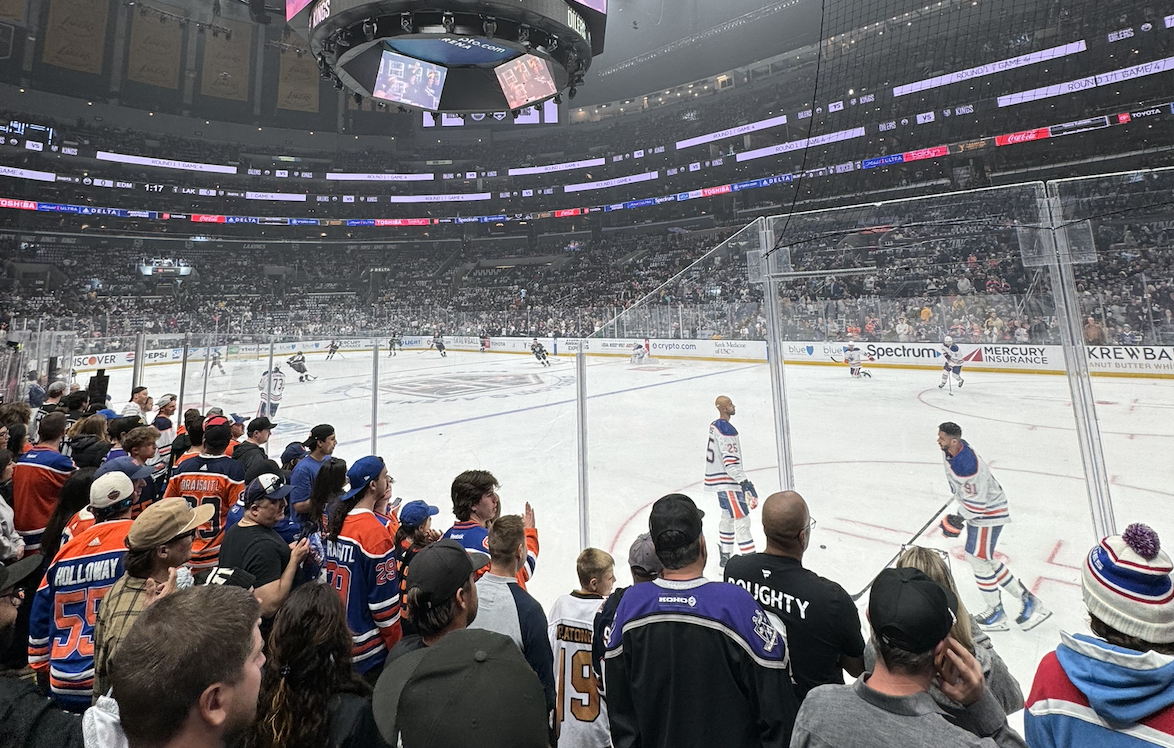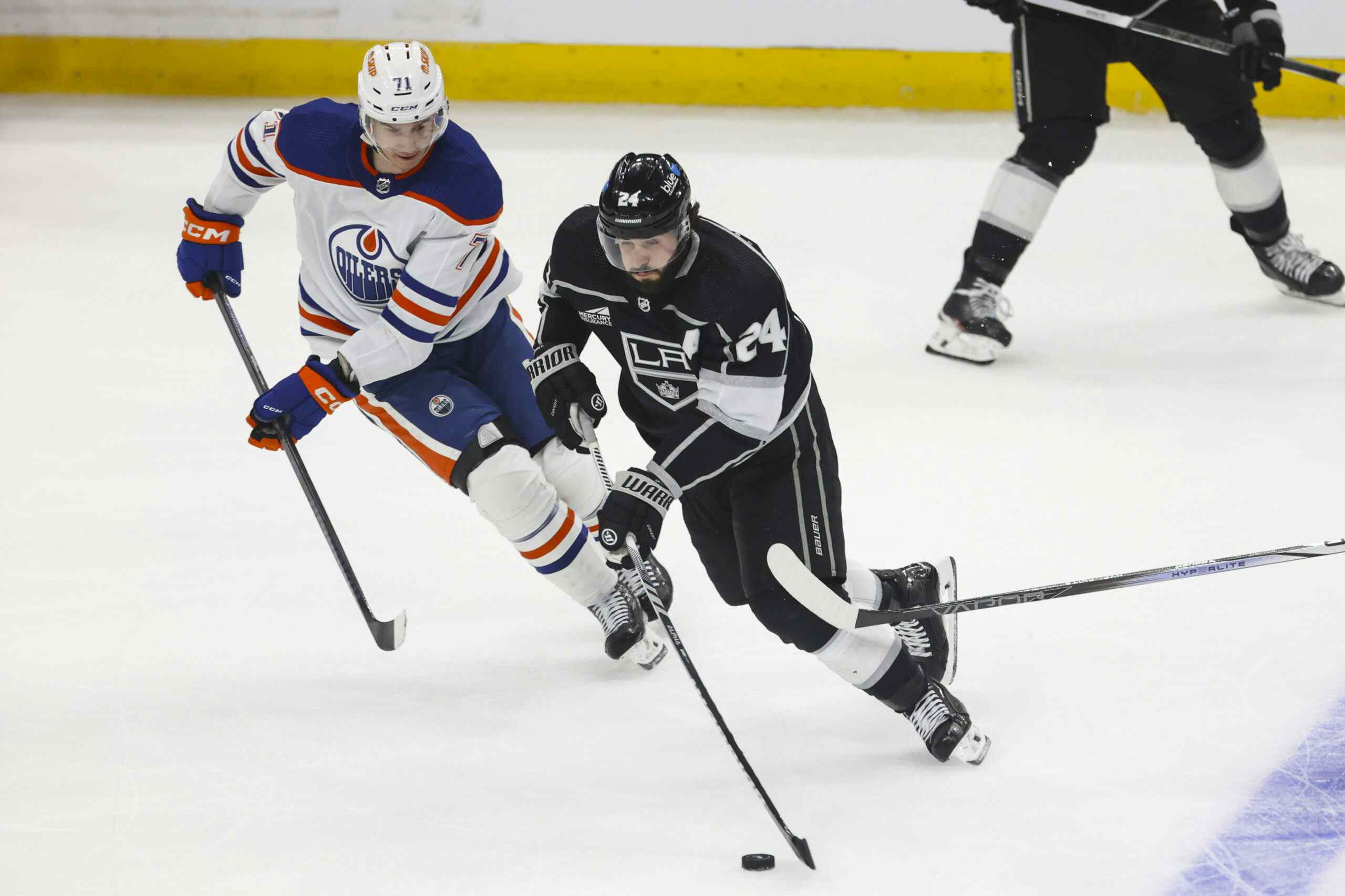Is Oscar Klefbom good enough to lead a championship defence?
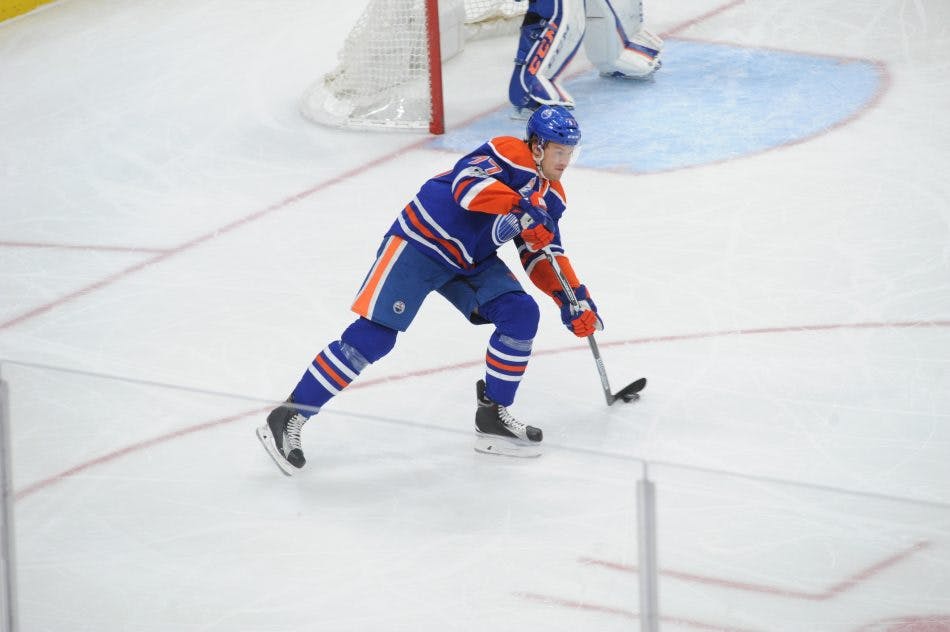
2016-17 Edmonton Oilers: No. 77 LD Oscar Klefbom
Oscar Klefbom was the Edmonton Oilers’ second first-round pick in the 2011 Draft, taken 18 selections after first overall choice Ryan Nugent-Hopkins. Six seasons later, as Nugent-Hopkins searches for a niche on the Oilers roster, Klefbom has established himself as the team’s top defenceman.
Klefbom was his coaches’ first choice for ice-time, playing in all situations and leading the team with an average of 22:22 per contest. He dispelled concerns about his durability, becoming the team’s only defender to play in all 82 games. His long dormant offensive side awoke, too, as he led the Edmonton blue line in goals (12) and points (38).
Those stats might have come as a surprise to a fan following the Oilers at the midseason mark. In an interview with 630 CHED’s Bob Stauffer on December 30, Edmonton coach Todd McLellan splashed cold water on the idea that Klefbom was even firmly established as a top pairing guy:
It’s interesting again, people talk about Klefbom, and he’s been okay—he hasn’t been great yet, but we expect him to get there. But he’s played maybe the fewest games of a lot of defencemen on our team, and we talk about him like he’s a No. 1 or a No. 2. He’s got a lot of work to do to develop. He’s that young right now that he’s going to get there, but the experience, especially on the blue line is so important.
The coach’s pessimism was born out in his usage of the player. From December 1 through to that interview, Klefbom had played 13 games for the Oilers, averaging just 19:56 per game. He’d been used extensively in November, but that was a rough month for Edmonton and one of the ways McLellan and his staff responded was by cutting into his ice time.
This, though, was a temporary state of affairs.
From the time that interview aired through the end of the regular season, Klefbom played 45 games. He averaged 23:11 per night, picked up 26 points (after posting just 12 in his first 37 contests). In the last half of the season, he would play less than 20 minutes only once – on March 14, in a 7-1 win over Dallas that was over by midway through the second period.
When McLellan was asked in July about the possibility of splitting Klefbom from Adam Larsson as a way of managing the absence of Andrej Sekera, the coach made it clear he was reluctant to move away from a pairing he had come to rely upon:
In an ideal world we’ll keep [Klefbom and Larsson] together. I thought they really grew up as a pair throughout the regular season that could be counted on in a number of different situations, whether it was the need for offence or a shutdown-type situation.
The underlying numbers certainly seem to support that statement. Klefbom ranked second on the team by on-ice Fenwick percentage and Larsson third; only Matt Benning ranked ahead of them and unlike the Swedish duo he wasn’t really used in a shutdown role.
There’s an additional element to Klefbom’s game that makes him valuable: He doesn’t take penalties. To some degree penalties are a byproduct of playing a nasty physical game, but for defencemen they’re also often a sign of losing positional battles – an opponent gets a half-step lead or overpowers the defender, and to prevent a good chance against the defenceman hooks or trips or holds. Klefbom’s exceptional mobility means he rarely finds himself in that position, and the strength that comes with his 6’3”, 215-pound frame means he’s awfully hard to brush aside.
He’s a very good player, and in the judgment of the coaching staff he’s the best defenceman presently on the Oilers roster. Is he good enough to lead a championship defence? Answers may differ on that; my personal response is that it depends on a lot of factors. Klefbom’s continued development, the potency of the forward corps and the cast around him on the blue line are all going to determine how far Edmonton can go with Klefbom leading the way on the back end.
Bottom line: Klefbom is young, capable, and signed to a cheap long-term contract. Few players were more consequential to Edmonton’s success in 2016-17, and given Andrej Sekera’s injury his importance is likely to rise next season.
Previous year-end reviews:
- Centre: Leon Draisaitl, Mark Letestu, Drake Caggiula, David Desharnais, Anton Lander
- Left Wing: Milan Lucic, Patrick Maroon, Benoit Pouliot, Matt Hendricks, Jujhar Khaira
- Right Wing: Jordan Eberle, Zack Kassian, Tyler Pitlick, Iiro Pakarinen
- Left Defence: Andrej Sekera, Darnell Nurse, Griffin Reinhart
- Right Defence: Adam Larsson, Kris Russell, Eric Gryba, Mark Fayne
- Goal: Cam Talbot, Laurent Brossoit, Jonas Gustavsson
Recent articles from Jonathan Willis

